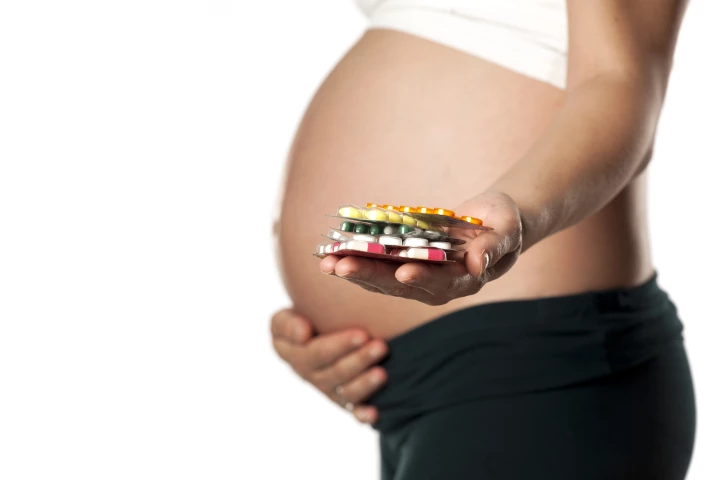Pregnancy
-
A surprising finding from researchers in Japan has shown how an environmental factor can influence the development of sex organs in unborn mice. The discovery challenges the longstanding belief that sex is determined purely by genetic factors.
-
A new study has found that exposure to second-hand smoke during pregnancy and actually smoking increase the risk of placental abruption, a complication that can be fatal to both parent and baby, to almost the same degree.
-
A decade-spanning study has revealed a troubling side effect when pregnant women take a common painkiller during their pregnancies. The effect of the over-the-counter drug was significantly stronger in female offspring than males.
-
Spinal muscular atrophy is a debilitating genetic condition that’s usually fatal by a few years of age. But an intriguing case study might demonstrate a simple new treatment, with a child showing no signs at all two and a half years after birth.
-
Scientists have discovered a kind of “pause button” in early human development. This biological mechanism has long been known in other mammals, but its discovery in humans could aid IVF procedures.
-
Prenatal exposure to higher levels of bisphenol A, a plastic chemical known to leach into our foods and drinks, has been linked to autism spectrum disorder in boys, according to a new study that also identified the biological mechanism underlying this link.
-
While CBD or cannabidiol is now widely available, widely used and generally considered safe, new research has found its use during pregnancy may produce some strange behavior in offspring and changes to the way their brains process sensory information.
-
Exposure to phthalates, a commonly used chemical in plastics, has been estimated to be the primary cause of one in 10 preterm births, according to a new study led by researchers from the New York University Grossman School of Medicine.
-
A new study has found that exposing babies to prescription opioids while they’re in the womb can increase their risk of developing immune-related conditions – particularly infections, eczema and asthma – in early childhood.
-
A new study has linked preconception exposure to phthalates to reduced odds of getting pregnant, adding to a growing body of evidence about the negative effects of these chemicals, commonly found in personal care products like soap and shampoo.
-
Researchers have found that a naturally occurring compound enhances fertility in older female mice by reversing age-related reproductive cell decline . The discovery could one day aid in developing treatments to improve human fertility.
-
A new study has found that women undergoing infertility treatments who eat a diet recommended by the American Heart Association as being good for heart health can reduce their chances of having a miscarriage.
Load More











